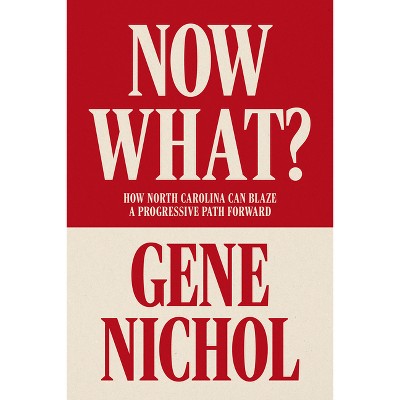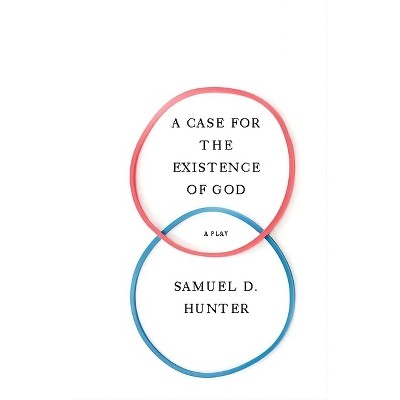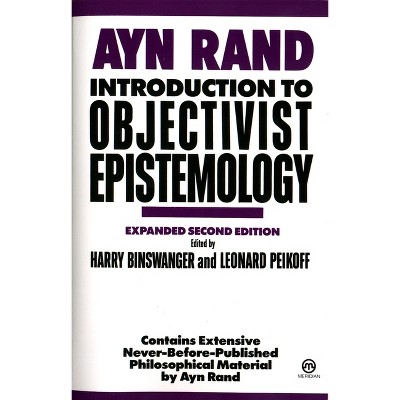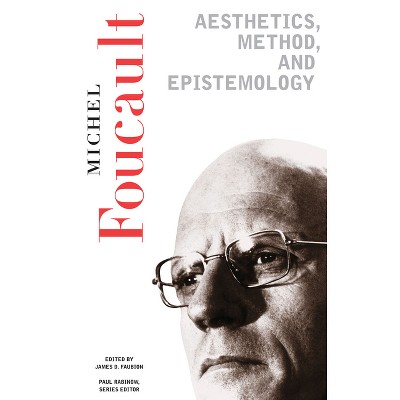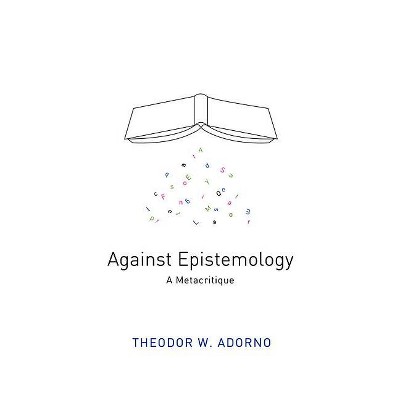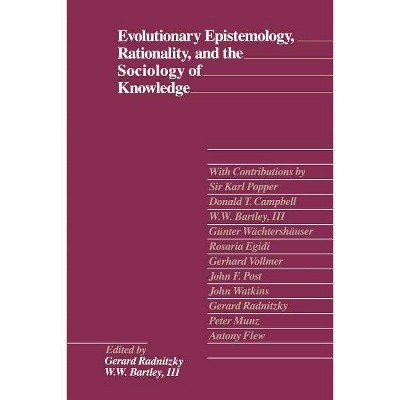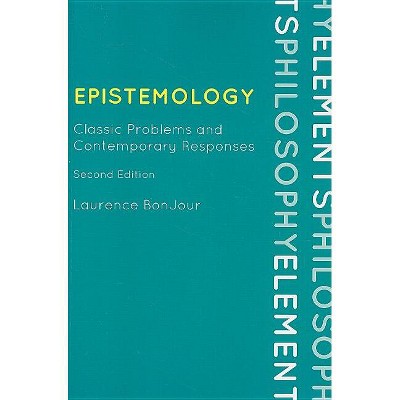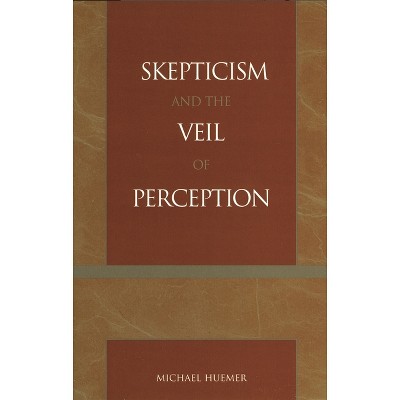Sponsored

Internalist Virtue Epistemology - by Benjamin W McCraw (Paperback)
In Stock
Sponsored
About this item
Highlights
- This monograph works at the intersection of two of the most popular and growing fields in epistemology: epistemic normativity or value and virtue epistemology.
- About the Author: Benjamin W. McCraw is a instructor in philosophy at University of South Carolina Upstate.
- 229 Pages
- Philosophy, Epistemology
Description
Book Synopsis
This monograph works at the intersection of two of the most popular and growing fields in epistemology: epistemic normativity or value and virtue epistemology. By challenging two hitherto un- or under-explored sets of assumptions--epistemological orthodoxies--operative in those fields and, by rejecting them, the book develops novel approaches to current theories of epistemic value and virtue.
The book argues that what is needed is an internalist (i.e. non-externalist) mode of epistemic virtue. To accomplish this, it draws on Stoic moral theory, whereby the deployment of virtue--no matter whether one has any 'external' success--suffices for completely successful action.
From the Back Cover
This monograph works at the intersection of two of the most popular and growing fields in epistemology: epistemic normativity or value and virtue epistemology. By challenging two hitherto un- or under-explored sets of assumptions--epistemological orthodoxies--operative in those fields and, by rejecting them, the book develops novel approaches to current theories of epistemic value and virtue.
The book argues that what is needed is an internalist (i.e. non-externalist) model of epistemic virtue. To accomplish this, it draws on Stoic moral theory, whereby the deployment of virtue--no matter whether one has any 'external' success--suffices for completely successful action.
Benjamin W. McCraw is instructor of Philosophy at University of South Carolina Upstate.
About the Author
Benjamin W. McCraw is a instructor in philosophy at University of South Carolina Upstate.
Shipping details
Return details
Trending Philosophy



